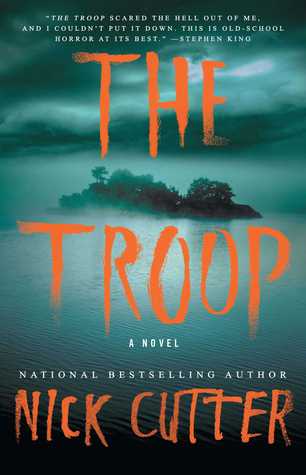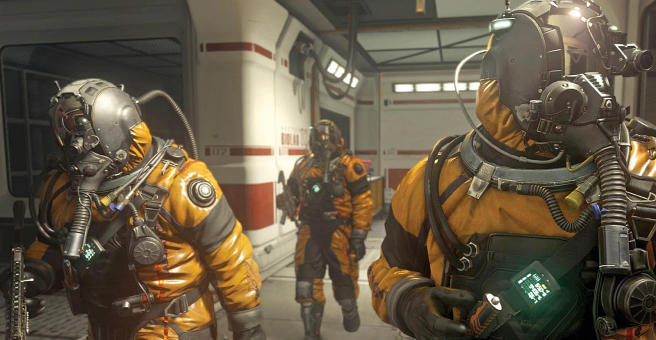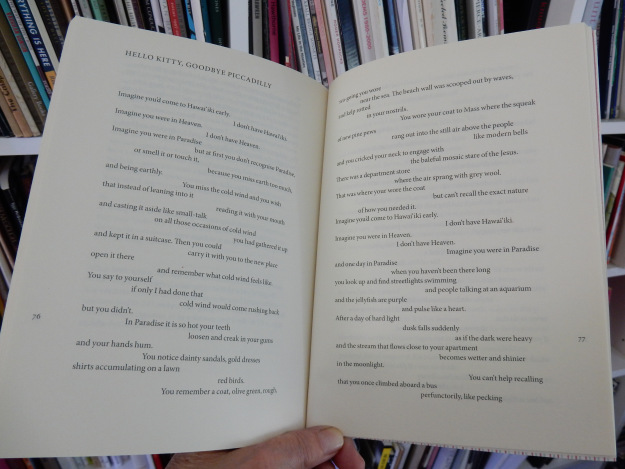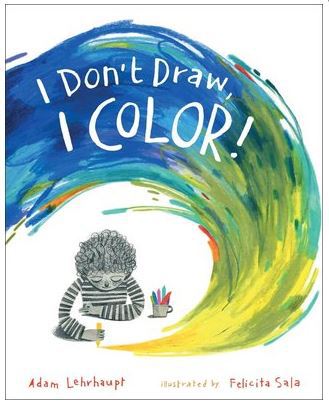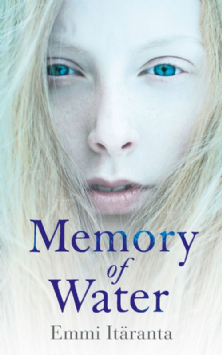 A few years ago I visited a specialized tea place in Barcelona, Spain. A quiet space, with dozens and dozens of fresh, handpicked, rare teas to choose from – each tea requiring its own precise water temperature & seeping duration. I don’t know anything about tea, and I asked for the “most complex” tea they had – thinking tasting tea was like tasting wine or whiskey. The woman serving me looked at me in surprise, at first not even understanding my question. It turned out tea is not about complexity at all. Those reviewers that complain about this book being boring, about having a plot in which nothing happens, similarly miss the point.
A few years ago I visited a specialized tea place in Barcelona, Spain. A quiet space, with dozens and dozens of fresh, handpicked, rare teas to choose from – each tea requiring its own precise water temperature & seeping duration. I don’t know anything about tea, and I asked for the “most complex” tea they had – thinking tasting tea was like tasting wine or whiskey. The woman serving me looked at me in surprise, at first not even understanding my question. It turned out tea is not about complexity at all. Those reviewers that complain about this book being boring, about having a plot in which nothing happens, similarly miss the point.
Emmi Itäranta’s debut novel is a quiet dystopian novel, set in a future where climate change has happened, fresh water is scarce and China has annexed Scandinavia. The 266 page book’s protagonist is Nario Kaitio, 17, and the daughter and apprentice of a tea master in a rural Scandinavian village, way up north. At the beginning of the novel, her father lets her in on a secret: he guards a hidden spring that has been her family’s responsibility for generations. This is not without danger: all water belongs to the military, and water crimes are punishable by death.
Fiction about futures with water shortage isn’t particularly rare. Itäranta does not break new ground, but nevertheless has managed to write a book with a voice of her own. Expect no action packed book like The Water Knife, nor something like the Fremen with a fully worked out water mythology as in Dune.
What you do get is a rather small story about a girl on who Itäranta steadily piles pressure, as SFX writes. I’ve read reviews complaining about lack of character development – they surely must have read another novel. This novel is only about character development: Nario Kaitio is a profoundly other, more mature person at the end of the book. There maybe isn’t a lot else of plot, but if you enjoy the small, the poetic and subdued, who cares? All the more since Itäranta understands the nature of emotions, and manages to write clearly about them, as mental spaces. A more pompous reviewer might write something like “Memory of Water is, among other things, about the architecture of emotions.”
The plot has a bit of mystery in it – what happened in the Twilight Century? – and at a few instances it looks like the story is about to transform into an adventure novel, exploring Lost Lands. Some reviewers speak of missed opportunities, story threads not worked out. Again, they miss this book’s point: it is not so much a dystopian scifi novel, but one story about one character in one village – a character being led to one climax. Nothing complex with a lot of different elements, like good wine, but something clear, straightforward, pure, like tea.
I’ve read a review complaining about a passive protagonist. True, Nario doesn’t do a lot. She reacts to the pressure piled on. But at two crucial times, she makes important, strong-willed choices. Choices that determine the story completely. Choices a passive person would not have made. Again – what did that reviewer read?
Itäranta was born and raised in Finland, and currently lives in Canterbury. She translated her own book into English, and did a marvelous job. The prose is smooth, delicate and often beautiful. More than a few times it handles gravitas with a clear lightness.
I wanted to turn away, but I was held still by the chain of events that had brought me here, the past that lay behind me set in stone and would never give in, never break, never shift its shape. I would be looking towards it until I would no longer be looking at anything at all. Stories about it might bend this way and that, but the truth behind them could not be transformed. It bowed to no power but its own.
There is a wee bit of future tech in Memory Of Water, but it’s not the focus. Life in Noria’s village is fairly simple, and the level of technology and science in the rest of future Earth isn’t disclosed. Most ‘old’ technology was lost, and mankind has managed to devise a few more sustainable things: light sources using fireflies, fabric made of grass, transport powered by the sun.
Do not mistake this for an ecological book: it’s not a warning about climate change or totalitarianism. I get the comparisons to Margaret Atwood – I thought about The Handmaid’s Tale too while reading – and similarly it doesn’t fall into the familiar trap of preaching. This is not MESSAGE literature. At the heart of the story is the conflict between two characters, both tea masters. One adheres pragmatic hedonism, and the other a form of principled idealism, even martyrdom. Itäranta doesn’t offer her opinion. The book refrains from judgement. A lesser author would have been in your face about it. Well done.
If I’d have to give one criticism, I’d say Itäranta maybe is a bit too explicit in her philosophical ruminations about water and its relation to life. But then again, they don’t dominate the story, and it suits the main character well, as it are the ruminations of a 17 year old girl, and some teenagers are prone to such ‘deeper’ thoughts.
Emmi Itäranta’s second novel was published as The City of Woven Streets in the UK in June 2016. The US version, titled The Weaver, was released in November. I have the feeling that that second book didn’t gather a lot of attention. Memory Of Water did, a few years back. It got nominated for the PKD award, the Golden Tentacle, the Tiptree and the Clarke.
It’s simple: I’m getting a copy of The City Of Woven Streets/The Weaver. I hope it’ll a be as good as this. Memory Of Water is solid writing. Recommended, if you don’t mind the absence of spectacle.
Advertisements